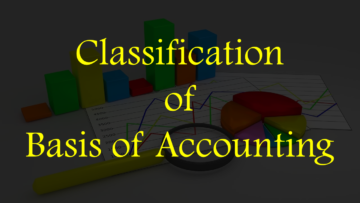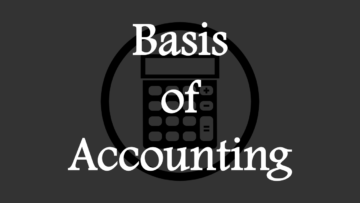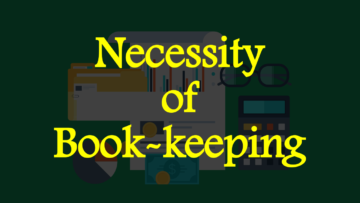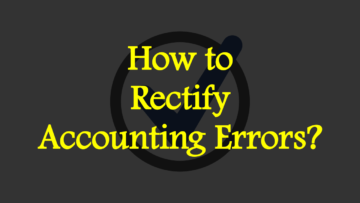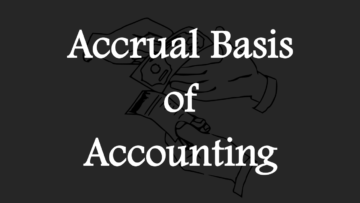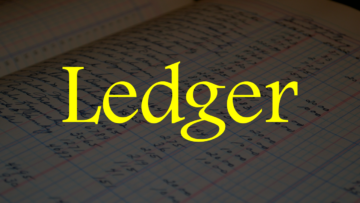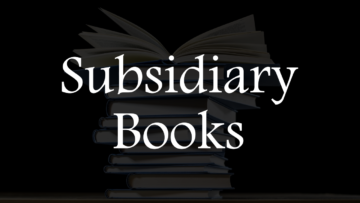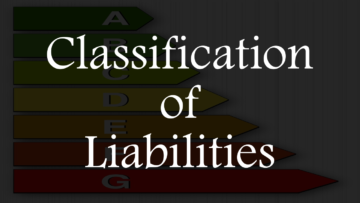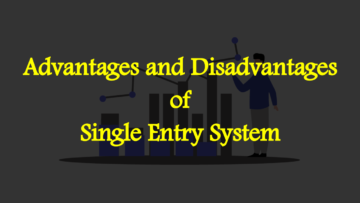There can be many reasons for the difference in the balance of cash book and passbook as cash book is maintained by the account holder and passbook is maintained by the bank. Time, error, omission, etc. are some of the reasons for the difference in the balance of cash book and passbook. For example, a person issued a cheque to another person, but the other person has not yet deposited that cheque in the bank, in this case, the balance in the cash book will be less but the balance in the passbook will be more.
In simple words, the transaction is recorded in the cash book at the same time when the account holder transacts with the bank, even if the transaction is completed later and the account holder is aware of the transactions recorded in the cash book, whereas the bank records the transaction in the passbook only when the transaction is completed and it is possible that the account holder is not aware of all the transactions recorded in the passbook, due to this situation there is a difference in the balance of the cash book and the passbook, but keep in mind that it is not necessary that this happens every time.
Note: For now, cash book means the book of the account holder and passbook means the book of the bank.
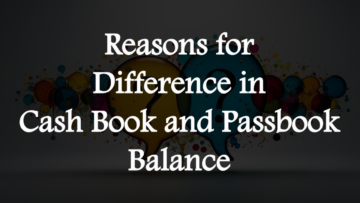
Table of Contents
Reasons for Difference in Cash Book and Passbook Balance
The following are the reasons for difference in cash book and passbook balance:
1. Time:
Time is the main reason for the difference between the cash book and passbook balance because in the cash book, the account holder records the transaction at the same time when he does the transaction through the bank, and in the passbook, the bank records the transaction when the transaction is completed. For example, when the account holder deposits a cheque in the bank, he records it in the cash book at the same time, but the bank records it in the passbook only when the cheque is cleared (when the transaction is completed).
2. No Knowledge:
Many times, there are debit and credit transactions in the bank about which the account holder is not aware or even if he is aware, it is not at the time when the transaction occurs such as bank charges, automatic debit, interest credit or debit, payment received, etc.
For example, the bank deducted a charge from the account of the account holder about which the account holder was not aware, in such a situation the balance in the passbook will be less and in the cash book more, similarly when someone makes a payment in the account of the account holder about which the account holder is not aware, in such a situation the balance in the passbook will be more and the balance in the cash book will be less.
3. Errors and Omissions:
Errors and omissions are also the reason for the difference in the balance of the cash book and passbook like entering the wrong transaction, entering the wrong amount, forgetting to enter the transaction, etc. and it can happen from both sides.
For example, someone made a payment to the account holder but the account holder forgot to enter the transaction in the cash book, in this case, the balance in the cash book will be less and the balance in the passbook will be more, similarly if the account holder made a payment to someone but he forgot to enter it in the cash book, in this case, the balance in the cash book will be more and the balance in the passbook will be less.
Reasons as per Bank Reconciliation Statement:
- Cheques issued but not yet presented for payment
- Cheques deposited but not yet collected
- Amounts directly deposited in the bank account
- Interest and dividends collected by the bank
- Interest and dividends received by the bank
- Direct payments made by the bank on behalf of the customers
- Cheques deposited/bills discounted dishonored
- Retiring a bill under rebate by the bank
- Errors committed in recording transactions by the firm
- Errors committed in recording transactions by the bank, etc.
Read Also:
QNA/FAQ
Q1. What will happen if the cheque is issued but not deposited?
Ans: If the cheque is issued but not deposited then in this case the balance in the cash book will be less and the balance in the passbook will be more.
Q2. What happens if interest is debited only by the bank?
Ans: If interest is debited by the bank only then the passbook balance will be less and the cash book balance will be more.
Q3. When does the balance of the cash book increase?
Ans: The balance of the cash book increases when the cash book is debited.
Q4. When does the balance of the passbook increase?
Ans: When the bank account is credited then the passbook balance increases.
Q5. Write the reasons for the difference between cash book and passbook balance.
Ans: The following are the reasons for difference in cash book and passbook balance:
1. Time
2. No Knowledge
3. Errors and Omissions, etc.



